Kazakhstan expert sharp comment: Kyrgyz countries lack their own Nazarbayev!

List of outbreak statistics for Central Asian countries(As of writing)


Original title: Kyrgyzstan does not have its own Nazarbayev or Karimov
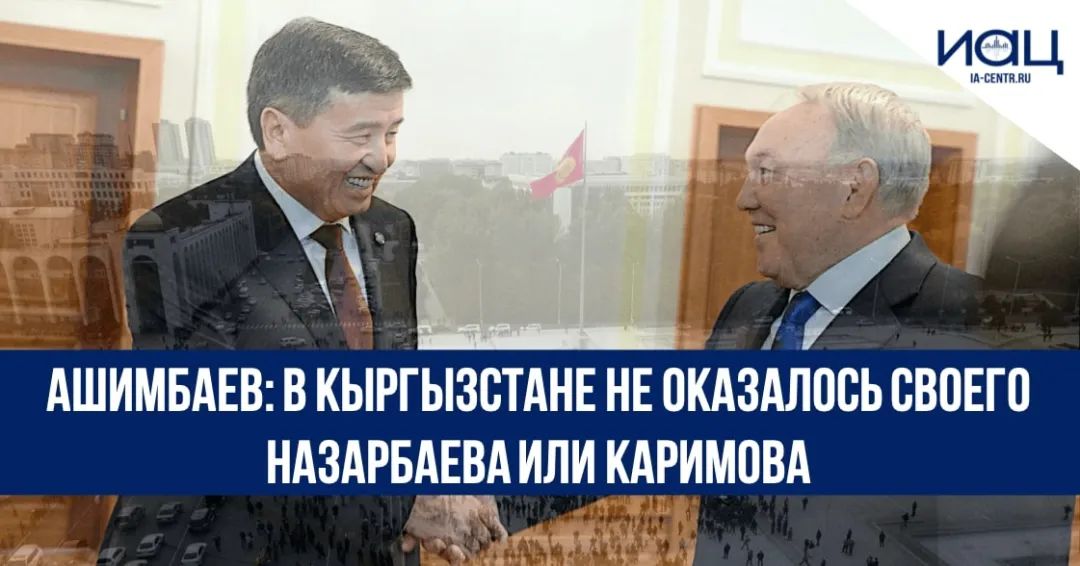
How can Tokayev's government avoid repeating the mistakes of Lukashenko or Genbekov?Ia-centr.ruwebsite on this issue and the post-Soviet UnionOther pressing issues in the current political situation in space are related to the well-known political scientist and biographical encyclopedia of Kazakhstan есть кто в КазахстанеDanyar Ashenbayev, editor-in-chief, spoke.
Ask.
First of all, I'd like to hear your assessment of the Bishkek incident, how is the current event in Bishkek different from the previous revolution?Why is there renewed unrest in Kyrgyzstan?Why do flowers wither, or tulips wither again?
For:The first revolution was always romantic:"Disgusting Akayev!Give us a new president!Get down the corruption!”
So the people's attitude towards the first revolution was quite positive. Moreover, it gives other countries a reason to think about what the authorities should do to prevent the same thing from happening. But at the same time, it is now safe to say that every regime after Kyrgyzstan is weaker than the previous one.
The post-Soviet space was broken by the continuity of the country, never established political stability. Like Moldova, which has a changing government.
We have also seen how, in all Caucasus republics, ethnic-oriented elites have come to power and led to ethnic conflicts, such as Karabakh and Georgia. The problem is that the rapid increase in the national consciousness of one ethnic group can immediately lead to conflicts with the national consciousness of another, such as Azerbaijan. Political stability was not achieved until Heydar Aliyev came to power.
But he has never been able to solve the Karabakh problem and has handed over to his son a country that is politically stable but still has a Karabakh problem.
As for Central Asia, Uzbekistan, Turkmenistan and, of course, Kazakhstan have been able to maintain stability, social prosperity and a sustained approach to reform, but Tajikistan has had two presidents and several acting presidents. There have also been civil wars in the country, and under Rahmon's leadership the situation has gradually stabilized. But it's hard to say what the outlook will be after he steps down.
In Kyrgyzstan, with the weakening of presidential power and the weakening of the people who came to power each time, real power began to turn to the shadow elite, namely clans, regional tribes and organized crime. It's no wonder law enforcement agencies are taking action to please governing groups.
In addition to these problems, the current president, Genbekov, not only frictions with other elites, but also sends his former mentor, Atambayev, to prison. In Kyrgyzstan, it's hard to say who supports whom and who can accuse whom.
What is the fundamental difference between Kazakhstan and Kyrgyzstan? They are the clans that rule the president, and we are the presidents who rule the tribes, let them all be there.
Over the years, Nazarbayev has succeeded in controlling the regional elite. Organized crime has in fact been excluded. If crime is compared to the 1990s, the situation has changed dramatically. Organized crime in Kazakhstan has in fact been defeated.
I'm not talking about corruption, I'm talking about the purest crime. Against this background, the prospects for stabilizing the political sphere and the situation in Bishkek are becoming increasingly remote, and the President is unable to maintain power and ensure stability and development.
Ask.
Where you say there are faults, there is no continuous political stability.Kazakhstan has this continuity, so can it be said that nothing similar to Minsk or Bishkek will happen in Nur Sultan or Almaty?
For:It should be understood that we are talking about different patterns.If power (not just presidential power) is generally weakened in Kyrgyzstan, Belarus is very different, where power is too great.There are two main reasons for the unrest in Minsk.
First, Lukashenko is not the most flexible person and does not recognize the opposition at all. Second, the protests in Minsk were openly controlled from abroad, particularly Poland and the European Union as a whole.
The rally in Minsk was attended mainly by young people, who did not ask about politics yesterday, but suddenly "awakened" and took to the streets today. But everyone is well aware that Mr Lukashenko has used his model to provide the country with some socio-economic stability: businesses, huge public sector jobs, high employment, and so on.
It can be said that Belarus still maintains market socialism to some extent. The abolition of this model would impact the entire country's industrial model and could lead to loss of sales markets, production halts and the transformation of industrial enterprises into trade centres that we have already had.
Ukraine began with the same slogan and ended up in economic trouble. So the young people who are running around Belarus today, shouting fashionable slogans, are guided first and foremost by emotion rather than common sense.
The whole problem is that, on the one hand, Lukashenko has created problems for himself, and on the other hand, the West is actively creating problems for him.
As for Bishkek, there would be no problem if they had a wise and powerful figure who could curb the appetite of underground businessmen, compromise them and lead Kyrgyzstan towards stability, harmony and reform. Unfortunately, they did not have Kyrgyzstan's Nazarbayev.
Akayev was already a weak figure, so it is no wonder that his regime collapsed. In my opinion, he was able to stay in office for a longer period of time because, before that, the Osh affair had brought turmoil to the country, the former leadership was infamous, and then suddenly ben independent. Akayev was initially seen as a clear national figure with some international prestige.
However, as many social problems remained unresolved, regional groups grew stronger, corruption and personnel errors became more serious, such support began to decline and fragile consensus eventually collapsed. There have long been high hopes for Felix Kulov as a potential "strongman", but he was no longer an important figure as early as Akayev's time. And none of the next presidents - Bakiyev, Otunbayeva, Atambayev, and Genbekov - could be called the leader of the nation. I repeat: kyrgyzstan's problem is that they do not have the likes of Nazarbayev or Karimov. They don't have a strong leader, and his recent appearances may be vague.
Ask.
So can the continuity of Kazakhstan's elite and powerful leaders guarantee that something similar will not happen to us?
For:All of this should be our lesson.The situation in Minsk shows that the authorities should be more flexible in their negotiations with civil society.Our Tokayev has proved it.
Through the examples of Moldova and Ukraine, we can and should learn to manage youth sentiment. You know, Internet communication is developing very fast, and young people are very oriented.
But when it comes to the problem, the person who manipulates it is not in Kazakhstan. And all the tools available show that the state does not have time to manage the mood of young people. A well-known case is last year's "Wake Up, Kazakh" rally, when young people suddenly ben radicalised.
Obviously, there are some external processing factors in this. And the state has clearly not keeped pace in this regard, compared with only the national ideology is not the most flexible. For those who manage Facebook, Instagram, Google and YouTube, it's much easier to turn black and white upside down. This is the social media management model. Although some progress has been made, the authorities have not been able to come up with any other solution than to disconnect the network.
Take the situation in Nagorno-Karabakh, for example: the conflict began in the late 1980s. It became an open war in the early 1990s. At present, we see that both Turkey and Azerbaijan are calling on Kazakhstan's public opinion to support Baku under the slogan "Turkic reunification".
Until then, we have seen how pro-American resources are actively shaking up the so-called theme of repression of Muslims in Xinjiang, as well as the use of pan-Turkic and pan-Islamic ideologies to raise "national and religious awareness". Clearly, the aim is not to truly support Turkic reunification, but to strengthen anti-China sentiment in Kazakhstan in the context of the Sino-US trade war.
That is to say, the interests of the Kazakhs themselves are the least of the interests of external participants. But it is their influence on Kazakhstan that has led to increased inter-ethnic and interrelieral tensions, which are fundamentally at odds with the people themselves and with the strategic approach of Nazarbayev, which we have followed for many years and which Tokayev has promised to maintain its continuity.
Incidentally, I recall that Tokayev recently condemned attempts to use the political content of Kazakhstan to participate in geopolitical disputes in other countries.
This is not the first time this has happened. Kyrgyzstan's experience tells us that it is dangerous to put those in the shadow economy in power, as is unbridled tribal strife. All of this is a huge risk to national security. Fortunately, Kazakhstan as a whole does not have such an impact.
But the Corde events, which use nationalist rhetoric to re-divide the sphere of influence in the shadow market, cannot be ignored. So this is a big lesson for Kazakhstan: such problem areas should be detected in advance, monitored and controlled on an ongoing basis.
Source: ia-centr.ru
By Marcel Hamitov
Compilation: Liu Ruxuan
Warm tips
Where reprinted this account article, please mark in the obvious location: reprinted from "Silk Road New Observations".
This article represents only the author's views and does not represent the views of this platform.
If you need advertising, business cooperation,Please contact WeChat: z13565801531.
Silk Road New Watch website: www.siluxgc.com
Sina Weibo: Silk Road's new observer micro
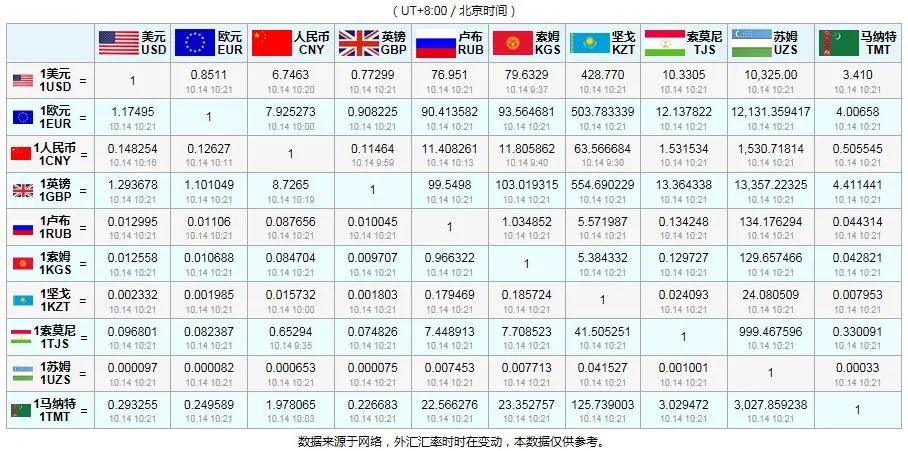
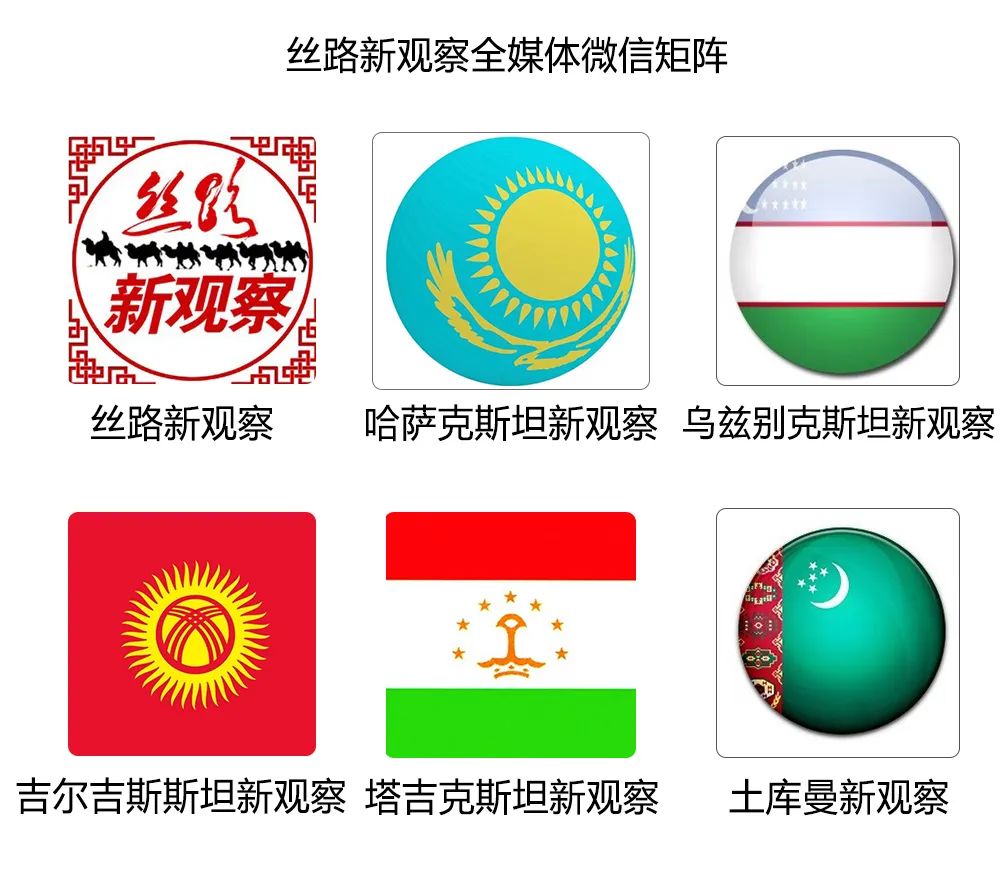



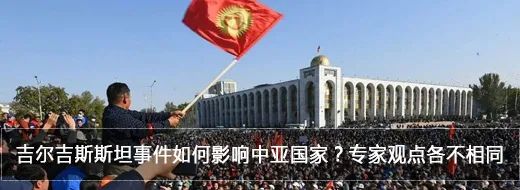
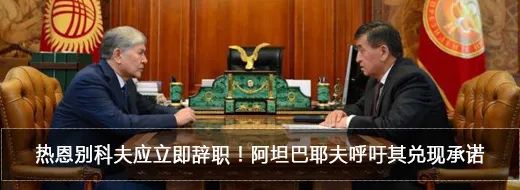
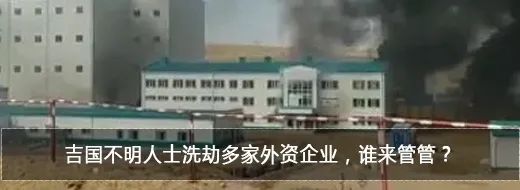

Go to "Discovery" - "Take a look" browse "Friends are watching"